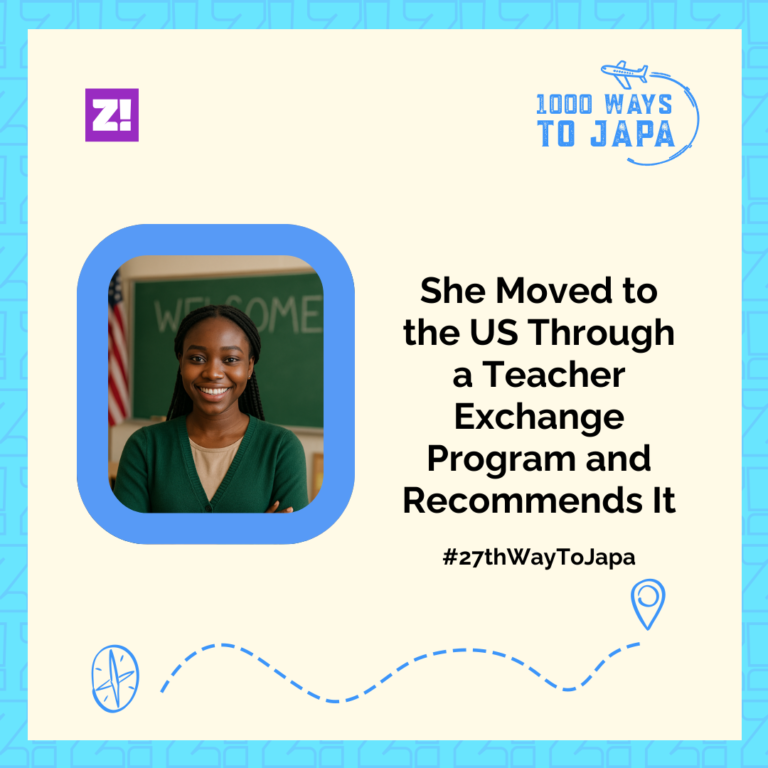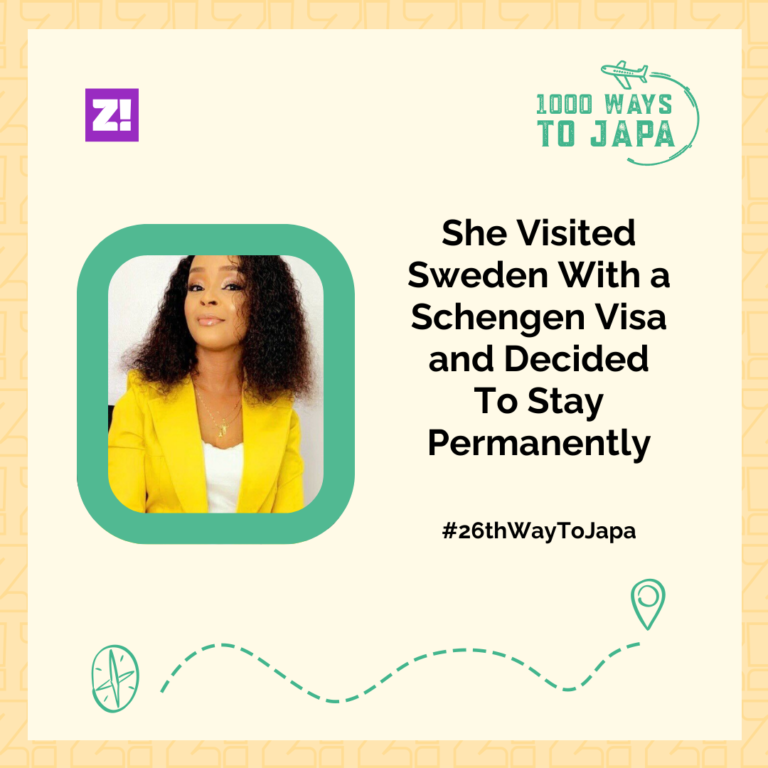If you’ve ever considered the idea of legally adopting a Nigerian child, you’d hate to know that the country’s adoption laws are not very inclusive. Here’s a spoiler: You can’t adopt a child if you’re single and younger than 35.
In Nigeria, adoption is still a debatable topic and an option many Nigerians wouldn’t consider for many reasons. Unfortunately, the legal process of adopting a child in the country doesn’t help either.
The Child Rights Act (2003) is Nigeria’s main law governing adoption. It answers questions about who can adopt, how to adopt, and everything in between.
But certain parts of the act might make you roll your eyes a few times and become less open to adopting a child. Here are some of them.
You can’t adopt a child if you’re unmarried and younger than 35
Like many countries, Nigeria’s adoption system favours married couples. The law permits married people to adopt, provided both parties are at least 25 years old and have fully consented to the process. However, it isn’t that simple for the single folks.
If you’re unmarried and looking to adopt a child, you must be at least 35 years old to be considered. In countries like the United States of America, an unmarried person can adopt a child at 25, which is a fairer age compared to what is obtainable in Nigeria.
You have to be at least 21 years older than the child you want to adopt
We don’t fully understand the sentiment behind this, but Nigerian law clearly states that adoption is only permitted when the adopter is at least 21 years older than the child. So, if you’re married and interested in adopting a 12-year-old child, you would have to be at least 33. In many states in the United States, there isn’t any fixed age difference that is required for adoption, but in certain states, a 10-year age gap is required. Even African countries like South Africa don’t have stringent age limitations like ours.
Unmarried individuals can only adopt a child of the same sex
If you’re single, you’re only allowed to adopt a child who is the same sex as you. This law is supposed to protect children, but can also be restrictive. In countries like the U.S and South Africa, individuals are not limited to adopting children of the same sex. The law is more concerned about the individual’s ability to be a good parent.
Same-sex couples are not allowed to adopt
Adoption laws in Nigeria prohibit same-sex couples from adopting, but that might not come as a shock to many Nigerians since the country is very clear about its anti-LGBTQ stance.
We’re hoping the legal process of adopting a child becomes more inclusive in the future, but for now, it is still a bit outdated. In the meantime, you can raise awareness about the limitations of these laws by sharing this article on social media to educate others, advocating for better laws and supporting adoption agencies that are working hard to make adoption more inclusive.




